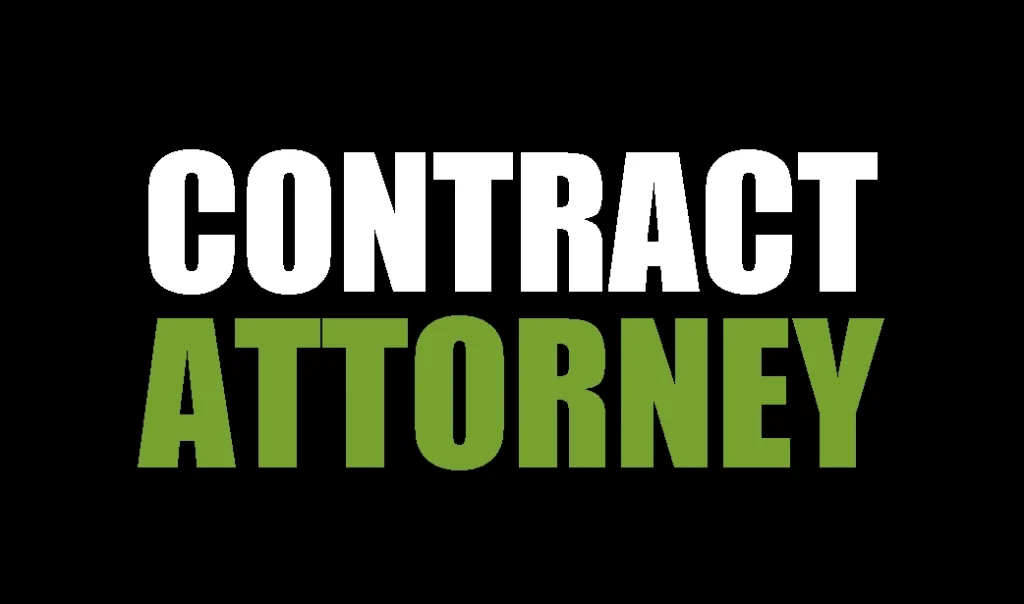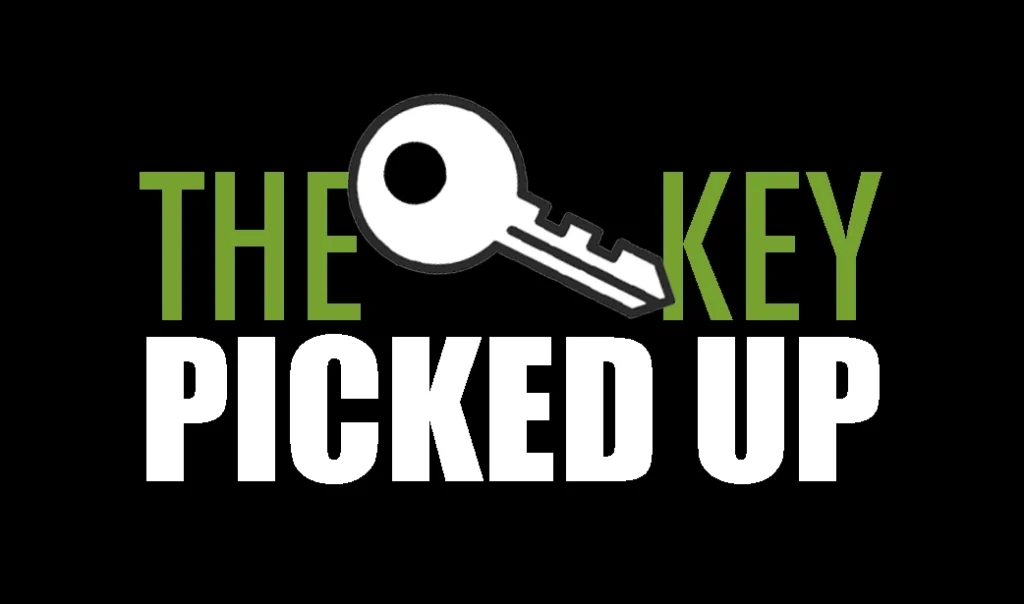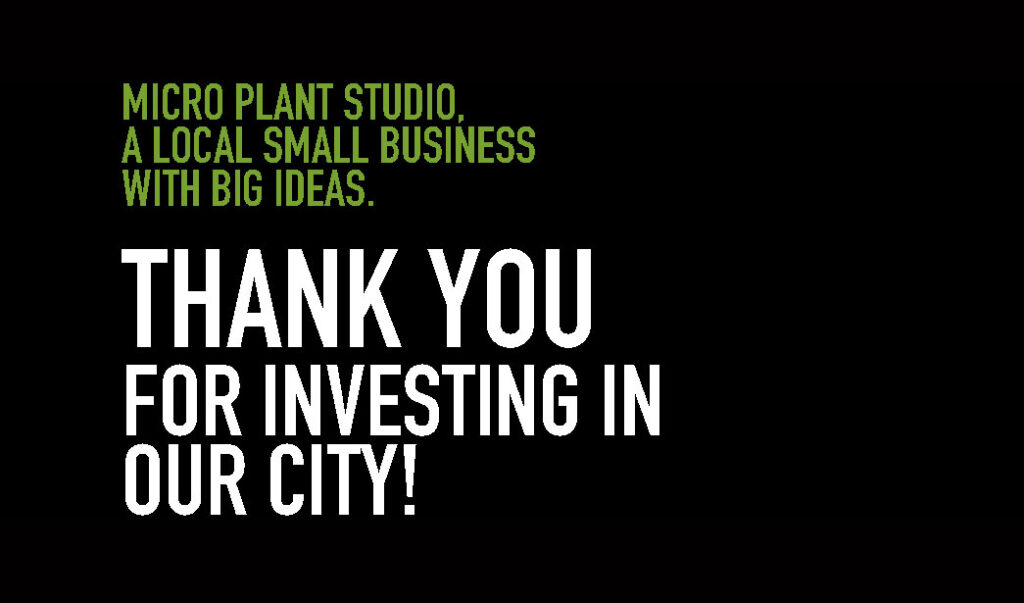Since 2020, Julio Cesar Roman, the owner and founder of Micro Plant Studio, has been diligently searching for a commercial space to establish as the flagship studio. Searching for a space aligned with his budget and desired aesthetic was a learning experience. When we started the search process, we needed a broker, making accessing spaces challenging. Understanding that he could not take on this task alone, Julio sought support from his network of customers. One day, an unknown customer, Nicole, stopped by Micro Plant Studio to make a purchase. After a quick chat, Nicole shared that she is a commercial real estate broker. Julio requested her support in finding a second space. Fortunately, she graciously agreed to assist with the space search. She already knew about the business; she is a former Southie resident, which made it easy for her to collaborate with us because she had been exposed to our service and products. A few weeks later, we started to look at spaces. We were so happy to be able to be guided through this process.
From the start, you should know how much rental space costs in areas where you are looking to open your first or second location. If not, you will set yourself to fail and make the broker’s job a bit harder when identifying spaces. During the meet-and-greet process, Nicole, the commercial broker, asked Julio about the projected rent for the new space. This was a sticking point because he had to open up with financial limitations. When asked, he could not answer the question with certainty, partly because he was unaware of the market, the business analyst had not even been started, and he feared the commercial space supply would be limited based on his budget—all valid concerns. As time progressed, he had a clearer idea of how much he wanted to pay for rent but kept his numbers to himself until he felt comfortable sharing them with the broker. Julio is huge into aesthetics and architecture, and of course, he found himself looking in different parts of the city, including South End, Beacon Hill, Downtown, and many other neighborhoods out of his financial reach. He quickly learned through the process, and based on the information Nicole had shared, some rent and amenities can be costly. Most importantly, some things are negotiable, and you must be willing to compromise if the space meets your expectations.
Having a broker who knows the negotiation culture of commercial spaces is critical because it will build trust through the search process. Use a broker different from the broker representing the building owner to avoid conflict of interest. Your broker is your copilot, helping you find ideal spaces. The broker will facilitate all communications between the building broker and you as a small business owner. Brokers help depersonalize the negotiation process and connect you with their network and commercial space data. Having a broker allows you to have an authentic conversation with the broker about the space, and in return, the broker should be able to help place the space in perspective by asking you questions. Most brokers have worked with each other before and have access to different spaces that might fit your business model. The broker you are working with will walk you through what is and is not possible. If the broker is open, they will share some of the challenges they might encounter when working with other brokers. Some brokers are very difficult to work with and will slow down the whole process because they have provided letters of intent to multiple businesses and are not upfront about how they prefer using the space. If you see a rental sign, share the information with the broker. Some spaces have signage up, but the spaces have already been under negotiation. Objecting to spaces your broker shares with you is okay—follow your instinct. If you feel a weird vibe that does not make sense, express that observation to your broke–be open to other opinions throughout the process. Usually, you are right, walk away and move on.
Be ready to be rejected, too. Not all spaces and neighborhoods are meant for your business model. Small business owners are usually super invested in their businesses, and at times, being rejected by a building owner can be painful because you know the value of your business model. Finding the ideal space will be daunting and hopeless at times, and there will be moments of doubt, but perseverance and optimism will always prevail. It is important to be clear that your broker is not your attorney. You will need an attorney and a broker who work hand in hand unless your attorney is able to negotiate a contract. In the end, everything will end up working out. Just be patient and manage your expectations.
We are incredibly excited to have found Nicole, an outstanding professional in commercial real estate. Her extensive knowledge, wide-ranging network, profound understanding of the commercial leasing landscape, and exceptional patience set her apart in her industry. Her collaborative approach with other agents has assisted us in finding the ideal space but has also enriched our understanding of the commercial leasing landscape. We appreciate her dedication and persistence in helping us identify our dream space. Also, thanks to Dave from Graffito for his collaboration with Nicole. Below are some takeaways. We learned so much along the way, and we appreciate everyone who worked with Nicole to make it happen. This was indeed a learning experience for us and a team effort.
Overall takeaways:
- Identify a broker from the start that complements your overall style and that has been to your business.
- Ask as many questions as possible. The lingo brokers use is coded. Make sure to ask questions to gain a deeper understanding of the cost in relation to your business model.
- Most brokers representing the building owner send more than one letter of intent to businesses. Do not think you are the only one they send one to. This process is very similar to buying a house.
- If you want to move forward, look at more than one space simultaneously and request a letter of intent (LOI). It’s literally like double dating. Dating is a financial risk, and opening a second or new business is too.
- Build trust with your broker. They should be on your side unless your request is outlandish. Remember, they are also working on a percentage-based model that is paid for by the “landlord.”
- Keep in touch with your broker at all times. Some brokers are very busy with other deals, so following up is key.
- Send follow-up texts and emails. Sometimes, they go on vacation, which means you will most likely not respond.
- Start understanding when the broker answers texts and emails. Some of them do not answer calls or texts on Fridays unless it is good news.
- Do not take the process personally. Yes, some landlords can be discriminatory and difficult to work with–do not waste your time or money in those spaces.
- Do your homework with and without your broker
- Create a list of possible neighborhoods and share it with your broker
- Identify the maximum amount of rent you are willing to pay and what you are okay with negotiating and compromise.
- Have clear budget
- Obtain a financial analysts















